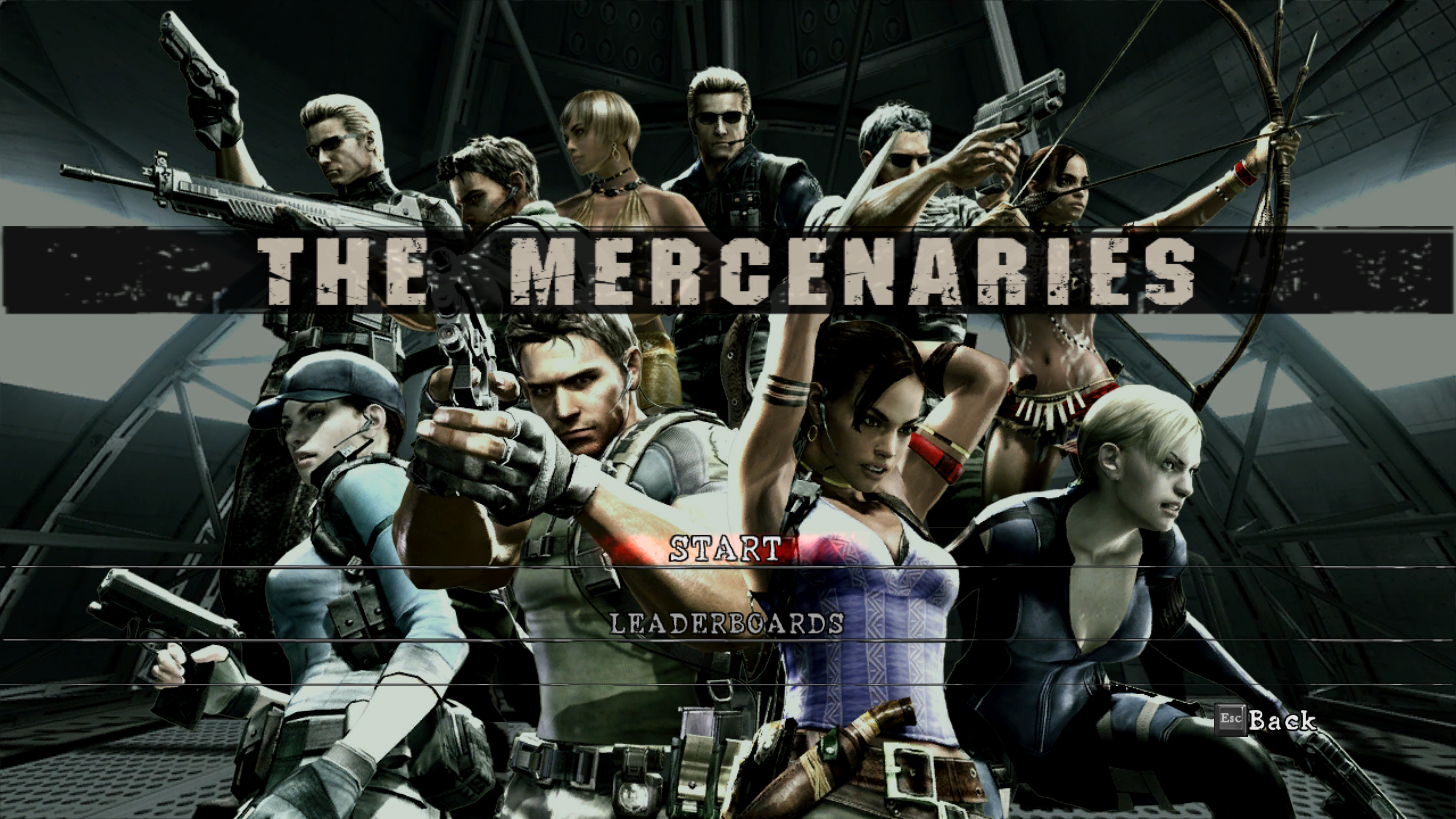


It was also decided that the game convey the duality of Chris and Wesker's relationship, locked in a battle between light and dark. This was explored not only with both Chris Redfield and Sheva Alomar and Chris and Jill Valentine, but also Wesker and Excella Gionne. An early element decided was partnership being the theme of the story. As it had been established over time that the Progenitor was discovered in Africa, different from the initial " Castle" game of 2002, this naturally meant placing Africa within the game. When planning out the general story, it was decided by 2005 to include certain elements such as Dr. ĭuring pre-production, Takeuchi considered that there would be a big leap in technology over the Seventh Generation, and if the development team studied emerging technologies they would be the industry standard by the time of release rather than outdated. With the announcement of Clover's closure in 2006, the game's development crew was expanded, with others going on to develop Resident Evil: The Umbrella Chronicles. Over the course of the game's belated development, a number of rewrites were made to the script and various ideas were replaced or condensed. The core theme was conceived as fighting a horde of enemies in a bright African environment with enemies jumping out of the shadows, with gaming mechanics adapted from Resident Evil 4 as it was positively received.

Noboru Sugimura, the franchise's head writer until that point, also died shortly after retirement in early 2005. Many of the recurring development leads of the Fifth and Sixth generation, such as Shinji Mikami, Hideki Kamiya, and Masami Ueda, left for Clover Studio. The game was produced by Jun Takeuchi and Keiji Inafune as their first next-gen Resident Evil title as the Sixth Generation came to an end. Resident Evil 5 was developed from 2004 to 2008 as an ambitious Capcom project reliant on international outsourcing for high-quality motion capture, cinematics and music. See also: Rejected content from Resident Evil 5


 0 kommentar(er)
0 kommentar(er)
